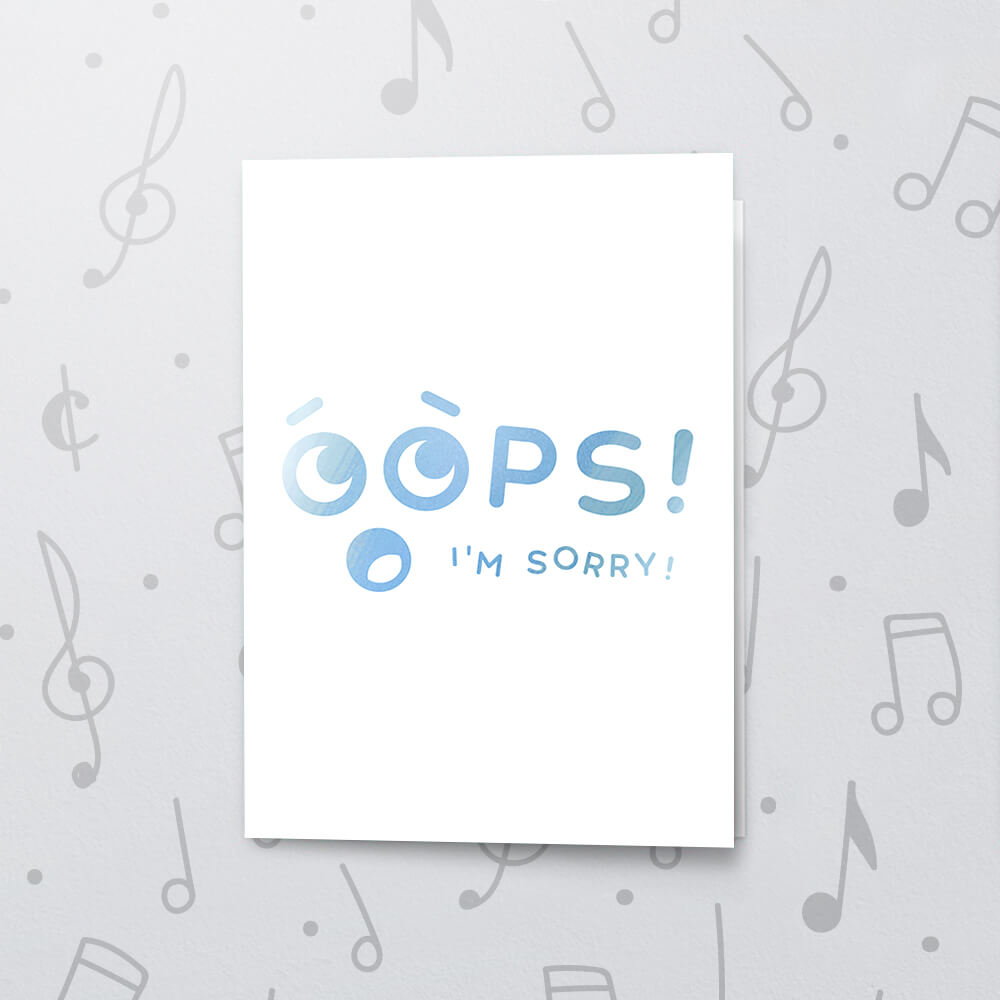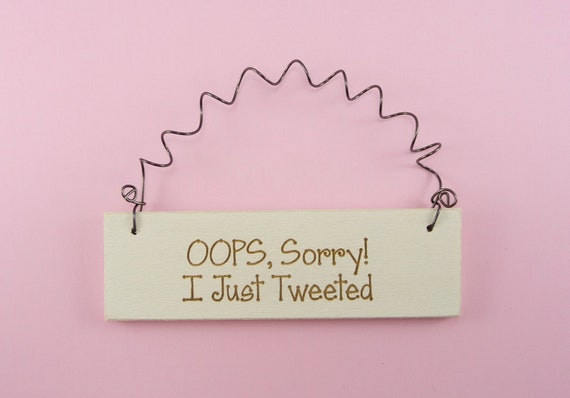

Saying “Sorry” to get someone’s attention – like if someone’s reading a book at a cafe, and there’s an extra chair at their table, and you want to take it, you could say: There are other times we say “Sorry” when it’s not necessarily that we did something wrong. You can also ask more directly, “Will you forgive me?”

Saying “I hope you can forgive me” expresses your desire for the other person to forgive you and not stay angry or upset. When you ask “How can I make it up to you?” – you are asking what you can do to “compensate” for your mistake and make the other person feel good again. “I’m sorry I had to work late, and missed our date. We can use these phrases to promise that we will behave differently in the future. “I won’t do it again / It won’t happen again.”
In business English, we often use phrases like “We sincerely apologize” or “Please accept our apologies.”

We sincerely apologize for the inconvenience.” Saying “I truly/really/sincerely regret” is another way to express that you feel very bad about what you did, and you wish you had behaved differently. You can say you’re ashamed of what you said, or ashamed of your actions/behavior, to show you feel bad about it. “I haven’t been helping you around the house at all. You can say “It was wrong” or “That was wrong of me” to express that your action was not morally correct. “I gave you the silent treatment, and that was wrong of me.” You can say “I should have” and “I shouldn’t have” to talk about what the correct/right action would have been (which you didn’t do). It shows the other person that you know an apology is necessary, and you are going to do that now. The phrase “I owe you an apology” is often used to open or to begin the conversation.
OOPS SORRY PROFESSIONAL
It’s common to say “My apologies for” or “I apologize for” in business or professional contexts. The expressions “I messed up / I screwed up” are informal ways to say you did something wrong.
OOPS SORRY FULL
“I take full responsibility” is a much more formal phrase this would be use in business or professional situations where you need to admit you caused the problem. “ I take full responsibility for failing to train the employees properly.” You can say “it was my fault” for admitting you were responsible for something a little more serious. “ It was my fault that we didn’t get to the airport on time.” My bad (informal) and my mistake are used to admit you did something wrong, but it was relatively minor. We use oops and whoops to admit minor accidents – small things that don’t cause too much harm. “ Oops / whoops – I just spilled some coffee. When the problem is more serious, we often say something like “I’m so/very/really/terribly sorry” to show that we understand we caused a problem or did something more serious. We would not use this phrase for something that really hurt someone or caused them major inconvenience. We can use “Sorry about that” for minor mistakes, things that are less serious, and easily fixed. “Looks like I gave you the wrong phone number. OK, here we go – 20 different ways to say “sorry” and talk about making mistakes and doing something wrong. It’s a great way to learn phrases in context.
OOPS SORRY HOW TO
If you like learning how to use phrases inside real situations, check out my Everyday English Speaking Courses, where all the lessons are based on situations in daily life. This means you’re not just learning a bunch of equivalent ways to say the same thing – you’re learning what native English speakers would say in different situations, so that you can be more fluent. Some of these phrases are more informal and casual, and others are more serious. There are many different times we might want to say “sorry,” but we’d use different words depending on whether we spilled some coffee, or hurt someone’s feelings, or made a mistake at work. Why should you learn all these different expressions? Because they’re used in different situations. Today you’re going to learn 20 different ways to say “sorry” in English.


 0 kommentar(er)
0 kommentar(er)
